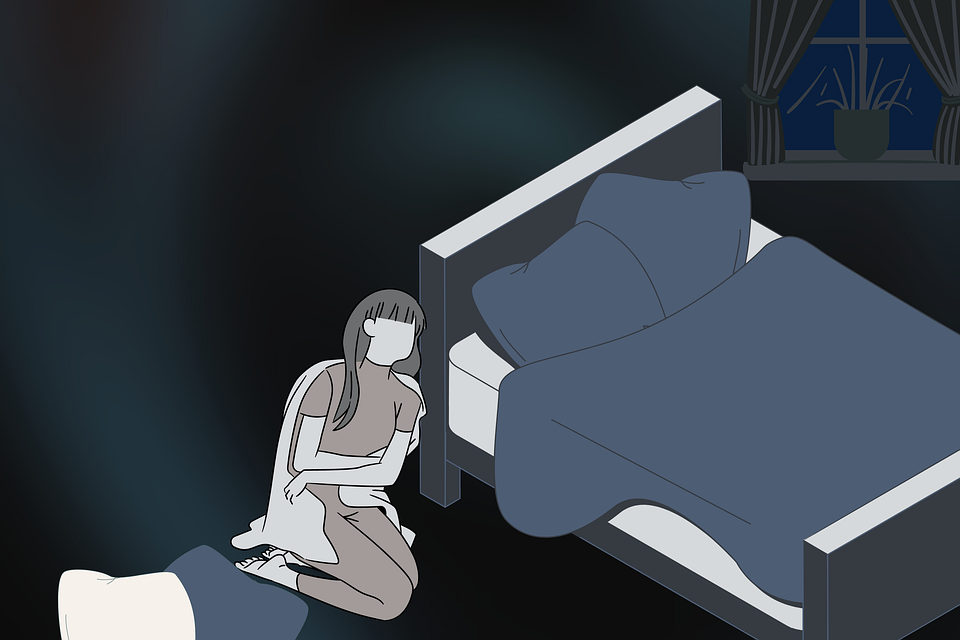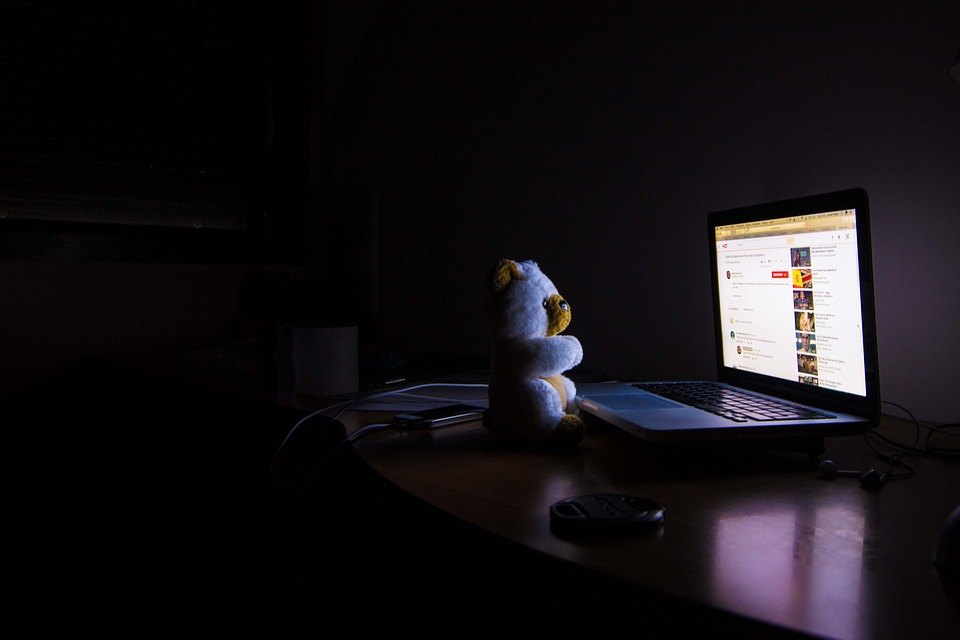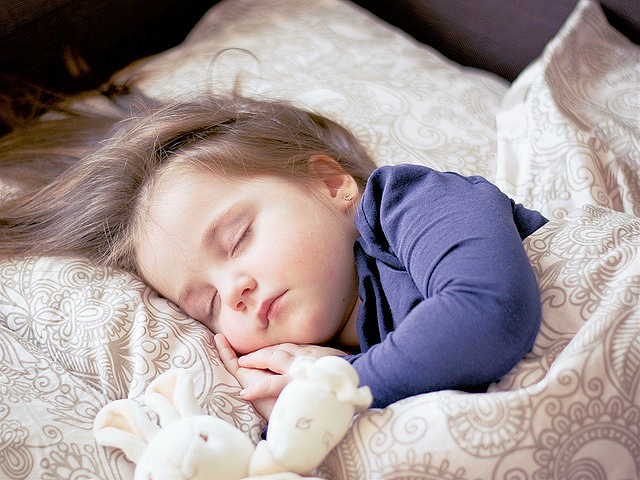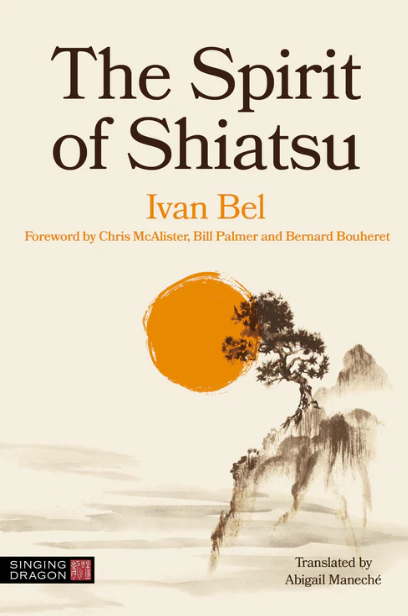Who has never had any difficulty one day, or rather one night, sleeping like a log? Sleeping is a very important function in our lives, but it is also very sensitive to change. This is why so many people come to Shiatsu to seek a solution to their insomnia. To help you, here are some keys to know.
Insomnia is a decrease in the quality and/or the quantity of sleep. Some people sleep a little (5 to 6 hours) that does not make them insomniac (5% of little sleepers). If there’s no fatigue, then it is fine. That said most adults sleep on average 7 to 9 hours and children sleep for about ten hours until 10 years (15% of big sleepers). Babies sleep about 18 hours a day. We sleep 122 days a year, that’s 1/3 of our life. At 60, we have slept the equivalent of 22 years. In one year we’ve had an average of 1,825 dreams.
Currently about 20 to 30% of the western adult population suffers from insomnia. We have distinction will be made between transient insomnia and chronicles, which are much more severe.

Sleep
During one night, we do 3 to 5 sleep cycles. Each cycle lasts 1h30 to 2h. Our circadian clock works on 24h with a drop in maximum vigilance between 2 and 5 am and 1 and 3 pm (this rhythm comes from prehistory).
We alternate all night long between deep sleep and paradoxical sleep (with rapid eye movements). Deep sleep allows muscle relaxation and the body reconstructs itself (SNA and lymphatic system). The most important thing is at the beginning of the night. The paradoxical sleep is fast, the brain’s activity is important for maximum mental recovery, a reorganization of the neuronal system. It’s more important at the end of the night. The child spends 50% in paradoxical time while the adult spends only 15%.
There are several types of insomnia:
- difficulty falling asleep at the beginning of the night
- waking up at night, especially between 3 and 5 a. m.
- waking up too early from 5 a. m. and not being able to go back to sleep
- restless sleep with unwanted awakenings
Etiology of insomnia
Let’s not start seeing the general causes that alter sleep. These are the causes that everyone agrees on.
- Heavy or too late feeding, excessive excitement (café, tea, alcohol, tobacco…)
- Lack of physical activity to compensate for brain activity
- Organic diseases: asthma, cough, ulcer, restless legs, sleep apnea
- Take medication: cortisone, beta blocker,
- Environment: noisy room, too bright, bad mattress, heat or cold
- Psycho: anxiety, stress, life rhythm
- Age: with age less need for sleep, especially with nap which is welcome.

More specifically, in oriental medicine, we will add the emotional dimension and other interesting aspects that inform us about high-risk cases.
- Concern: Lose the Spleen (lowers the Ki and Blood), the Lung (puts the Ki) and the Heart (mountain and burning).
- Anger: affects the Yang of the Liver, which can become Fire
- Overwork: too much work with stress and poor nutrition weakens the Rate and Kidney. It acts on the Yin of the Heart in the long run.
- Constitutional Weakness: of the so-called “shy” GB, the person has difficulty asserting himself. The GB is the mother of the Heart (relationship Wood-Fire). Wake up at 5:00 in the morning
- Diet: too fat or too hot, heat in the stomach
- Childbirth: Loss of Blood empties the liver.
- Residual heat: after a disease (invasion of Warmth) whose pathological picture is not completely evacuated like an angina that is not treated. It is also an effect of antibiotics.
- Sexual excess: affects more men than women. Lower the Jing, and therefore weaken the Zhi, then the Shen afterwards.
Treatment in therapeutic shiatsu
To help the great insomniacs, it is of course necessary to study more closely their symptoms and find the precise pathological picture that corresponds to it. Thus, a Blood Liver emptiness will not be treated in the same way as a Heart Fire stirring Shen. However, in a global Shiatsu treatment, we will use the following points:
- UB62 is the great point to go to sleep called “insomnia point.”
- PC6 point of treatment for all psychodigestive problems
- UB44: Shen corridor
- UB47: Hun Gate
- UB52: dwelling of the Will (Zhi)
- GB44: eliminates heat L/GB and calms dreams
- GB12: Submits the rebellious Ki of the Liver…
- GB20:… and promotes sleep
- GV24: Stabilize Shen
- To calm down the Rate-Core axis: SP6, SP10, UB20, ST36, HT7 and PC6
- To calm the Kidney-Core axis: KI1, KI3, UB23, tonify HT7 and sedate PC8
- To calm the Liver-GB axis: LV3, GB41, HT7 and PC6 while sedating.
- To calm the stagnant stomach: SP6, ST36, CV12, HT7 and PC6 while sedating.
It is useful to remember also the role of the Wonder Ships in this case. Indeed, the Yang Qiao Mai Yang makes the protective Ki (Wei Qi) rise during the day and places it outside the body to defend it. But at night, the Yin Qiao Mai does the opposite, descends the protective Ki downwards and interiorizes it to defend and nourish the organs. Therefore, UB62 will be sedate and R6 concentrated. Then UB1 in tonification.
Author : Ivan Bel – Translator : Odile Fayet
- A Milestone: The 2025 ESF Symposium in Brussels - 24 March 2025
- Austria – 19-21 Sept. 25: Shiatsu Summit in Vienna – chronic fatigue, burnout & depression - 19 December 2024
- Terésa Hadland interview: Shiatsu at core - 25 November 2024
- Book review: “Another self” by Cindy Engel - 30 September 2024
- Austria – 24-26 Oct. 25: Master Class in Vienna – Shiatsu and martial arts - 20 August 2024
- France – Lembrun Summer Intensive Course – July 6 to 12, 2025: Digestive System Disorders, Advanced Organ Anatomy, and Nutrition - 4 August 2024









